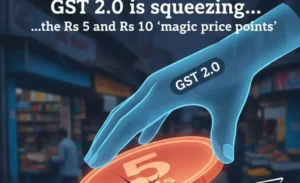The Supreme Court of India has directed the Sahara Group to provide comprehensive details about its current executives, shareholders, and unencumbered properties. This directive aims to facilitate the sale of assets to raise ₹10,000 crore, which will be deposited into the SEBI-Sahara refund account for returning investors’ money.
Background of the Case
The Sahara Group has been under scrutiny since a 2012 Supreme Court ruling that mandated the refund of money collected from investors by Sahara India Real Estate Corporation Ltd (SIRECL) and Sahara Housing Investment Corporation Ltd (SHICL). Despite the passage of over a decade, the group has not fully complied with the court’s order, leading to continued legal proceedings.
During a recent hearing, the Supreme Court emphasized the need for transparency regarding the Sahara Group’s organizational structure. The court has asked for a detailed list of the group’s top officials, shareholders, and unencumbered properties that can be sold to meet the ₹10,000 crore target. This move is crucial for ensuring that the funds are available to repay the investors who have been waiting for their money for years.
Challenges and Future Steps
The Sahara Group has faced numerous challenges in complying with the court’s orders. Following the death of its founder, Subrata Roy, in 2023, there have been concerns about the group’s leadership and its ability to fulfill its financial obligations. The court has stressed the importance of finding a practical solution to expedite the refund process and has requested a roadmap for depositing the remaining amount.
Conclusion
The Supreme Court’s directive marks a critical step towards resolving the long-standing issues surrounding the Sahara Group. By demanding detailed information about the group’s executives and assets, the court aims to ensure that the necessary funds are raised to refund the investors. This development underscores the importance of accountability and transparency in the financial sector.










